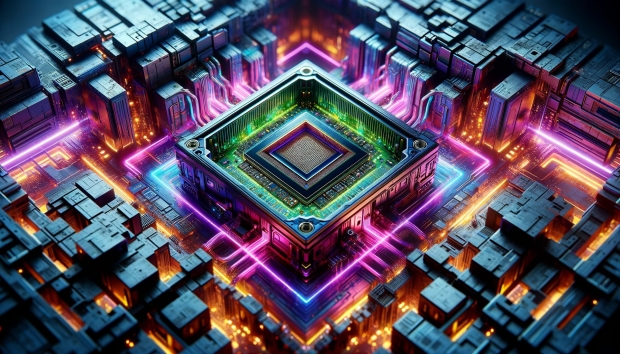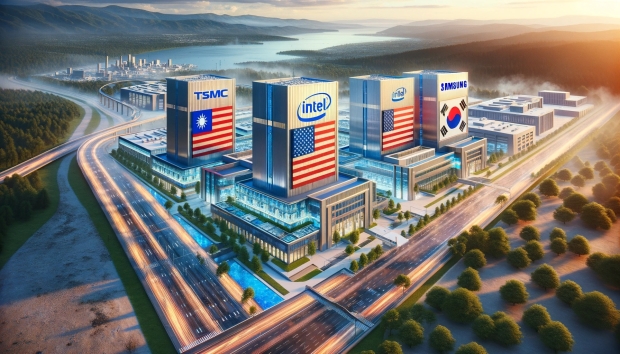The Biden administration signed the CHIPS and Science Act in 2022, with $39 billion in grants and loans provided to semiconductor manufacturing companies to make chips on US soil... well, it's not going so well.

We've seen multiple setbacks over the last couple of years in US semiconductor manufacturing, with TSMC building multiple new fabs in the USA, as well as Intel pushing virtually all-in on domestic manufacturing. TSMC has pumped billions of dollars into getting chip-making fabs up and running in Arizona, but back in late 2022 that TSMC's engineers in the United States were "babies" for leaving Taiwan after experiencing culture shock in the country.
But now, DEI (diversity, equality, and inclusion) rules in the US are strangling any hopes of domestic semiconductor manufacturing. In a new report, The Hill writes that DEI is killing the CHIPS Act, reporting that commentators noted the CHIPS and Science Act money has been "sluggish." Why? Because they haven't noticed that the CHIPS Act is "so loaded with DEI pork that it can't move."
The Hill reports that the DEI law has 19 sections aimed at helping minority groups, including a role for a Chief Diversity Officer at the National Science Foundation and several prioritizing scientific cooperation with what it refers to as "minority-serving institutions." There's a section called "Opportunity and Inclusion" that tells the Department of Commerce to work with minority-owned businesses to ensure chipmakers "increase the participation of economically disadvantaged individuals in the semiconductor workforce."
- Read more: Taiwan says TSMC's engineers in the US are 'babies' for leaving Taiwan
- Read more: US will need 'CHIPS Act 2' for semiconductor manufacturing to be the best for AI
- Read more: CHIPS Act signed: future CPU + GPU to get stamped with Made in the USA
The factsheet says that diversity is "critical to strengthening the US semiconductor ecosystem" and that "critically, this must include significant investments to create opportunities for Americans from historically underserved communities."
TSMC flew out 500 employees from Taiwan, angering local workers at its new Arizona chip-making plant, as they felt like they were skilled enough. TSMC has been enjoying the grants from the CHIPS Act, so in December 2023, the Taiwanese company agreed to rely on those workers (whom the DEI seeks) and invest more money in training them.
We've since seen that TSMC got its second chip-making plant in Japan up and running, preparing for production right now. TSMC has "learned that when the Japanese promise money, they actually give it, and they allow it to use competent workers."
Intel might be busy in the USA, but it's also very busy getting new chip-making fabs in both Israel and Poland operational, with The Hill adding: "which means it would rather risk Russian aggression and Hamas rockets over dealing with America's DEI regime."
- Read more: TSMC's new fab in Japan built in 2 years: 24-hour work days 'Nightless Castle'
- Read more: TSMC building second fab in Japan with 6nm and 7nm nodes
One of the major issues with the DEI-infused rules is that chipmakers are forced to hire many female construction workers, even though less than 10% of US construction workers are women. There are other rules with this, as chipmakers have to make sure there's childcare for the female construction workers and engineers... that aren't hired yet.
Not only that, but they are removing degree requirements and setting "diverse hiring slate policies" instead. Chipmakers need to do all of this, with "close and ongoing coordination with on-the-ground stakeholders."
You can read the full article at The Hill, but this isn't sounding good for US semiconductor manufacturing in the future.




